When I was a teenager in the late-1960s I can clearly remember our home’s rubbish bin. It was a metal bucket that stood in the corner of the kitchen. The bin was emptied about once a week, if I remember correctly. I would take the bucket and I then emptied it into a large barrel that was placed just under a tall poplar tree that stood outside our home. Sometimes the rubbish would overflow the barrel and would end up lying all around it on the ground.
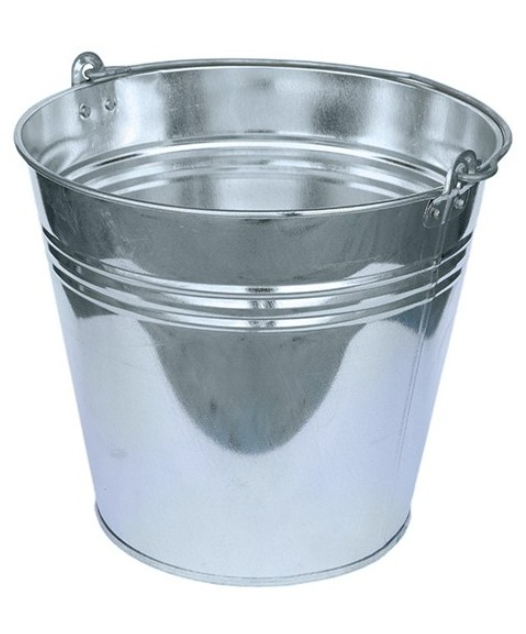
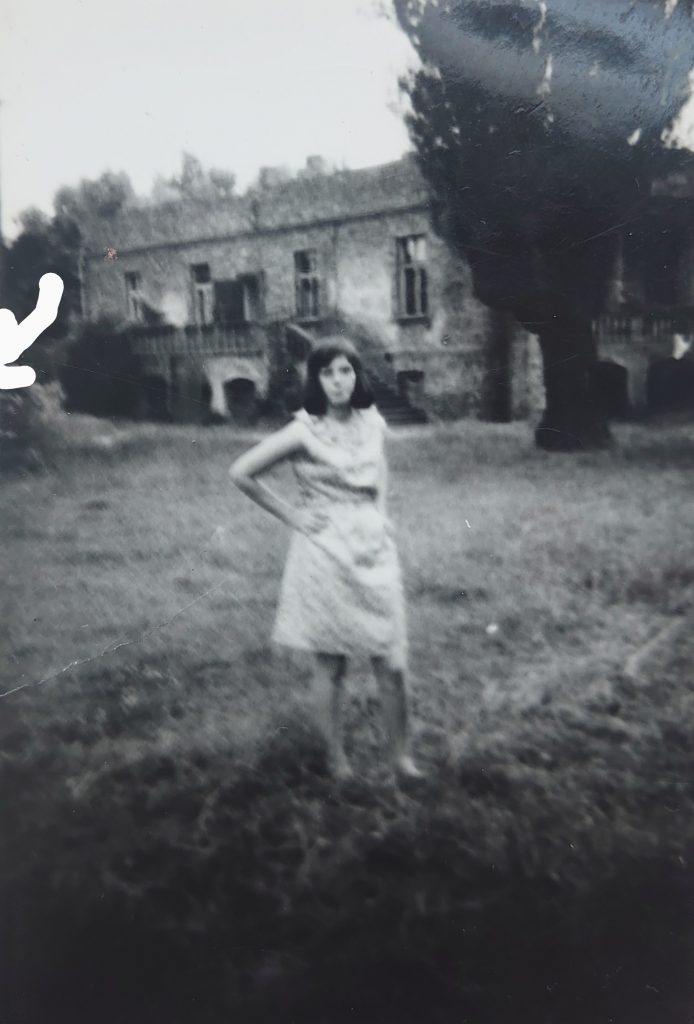
When the actual rubbish, whatever it was, and it was not a lot when compared to today’s, was in the bucket, it became rubbish and belonged to another world. Once in the bucket, the rubbish was not taken out again because it was rubbish. Only in some exceptional cases one would dip back into the rubbish to salvage something that had been thrown away by mistake. Even then, one would wonder if it would be used again as if nothing happened. Clearly, there was a rubbish line and one practically had nothing to do with things that went beyond that line. That line was in one’s home, and it was your rubbish bucket.
I remember feeling sorry for the man who used to come once a month or two to collect the rubbish from outside our home. He would arrive with a horse pulling a trailer. It would take him about an hour or more to load the trailer with the help of a garden fork. The rubbish was collected from the barrel and the ground around it. That was his job, and one did not particularly talk to the rubbish man. However, it was different when Mr Hamerski*, the farm that was just on the outskirts of my hometown owner, attended to the rubbish himself. Many considered him almost a hero because he did a good job of getting rid of all the rubbish himself. These were my thoughts as a young child and then as a teenager. Today, I admire the people who collect the rubbish, arriving in their magnificent machines and collecting all that waste. They work so hard, and unfortunately, the smell coming out of the bins can often be unpleasant and quite difficult to cope with, so it is a very difficult, challenging and important job to do.
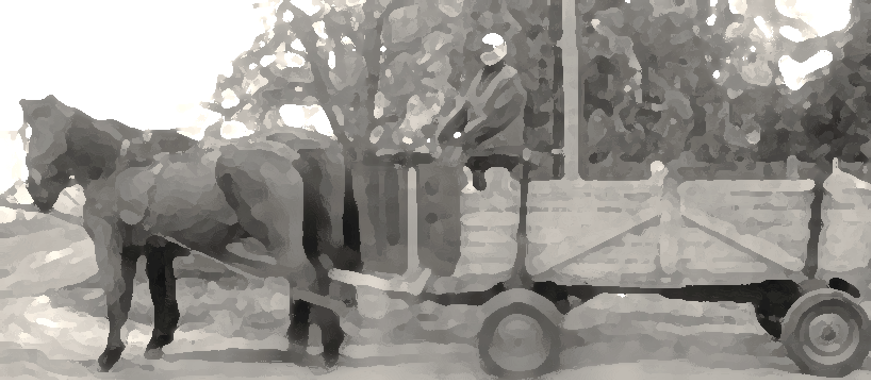
The previous way of treating rubbish as rubbish has lasted with me for a long time. Once thrown away, it was rubbish. I had nothing to do with it and it definitely was not my problem. I also did not need to consider if my rubbish caused a dilemma. There was lots of freedom because rubbish was rubbish. The world felt big and endless. One could have as much rubbish as one wanted, but in reality, there was not that much of it. In Poland in the late-1960s, shopping was most often not wrapped, there were no plastic bags, and there was no custom of gift wrapping.
I had a great shock on my first visit to Britain in the 1970s to see how many English people would freely throw their rubbish, such as empty drink cans or crisp packets, straight on the ground—be it on the underground carriages, trains or just on the street. That was simply the way that it was done. I never could understand that solution with litter. Back in my hometown of Poznan, Poland, it was a very bad manner to throw any waste on the ground and it was placed instead into a rubbish bin. Since living in England from 1976, I have never deliberately thrown rubbish onto the ground. I have always felt very conscious about minding my rubbish throughout my life.
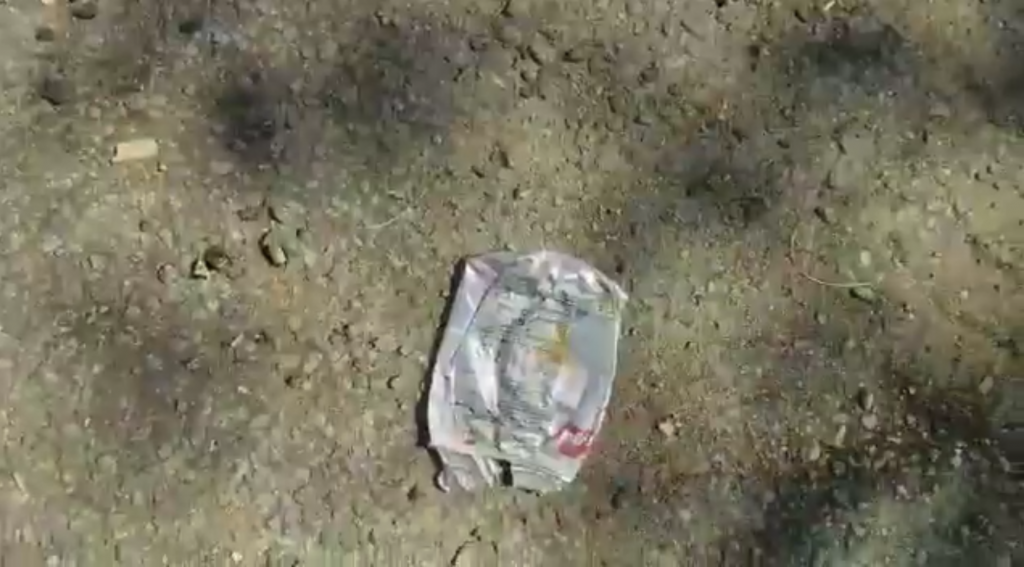
I remember sometime around the 1990s, about 30 years ago, people from Germany started to suggest separating our rubbish, depending on what it was, into separate containers. Initially, I thought that it was a bizarre idea and even a little bit ridiculous.
Things are so different today! I am the first to scrupulously attend to every piece of rubbish that I have to throw away. In fact, I am not so sure that the things that I need to throw away are really rubbish anymore. Bottles and jars, and paper and card need to be recycled. Plastic needs to be segregated between the recycle bin and general waste bin, depending on its type. Food goes into the food bin and garden waste goes into the garden waste bin. One thing is for sure, there is so much more rubbish generated today than back in the 1960s. I sometimes feel pain seeing all of the plastic packagings that I simply have to purchase with the products that I need, even if I am very selective.
A lot of our rubbish today is either recycled or burned in modern waste incinerators, where it is turned into electricity and waste. The ashes that come from the incinerators are further utilised in the building industry or road building (for example).
At this point, a question springs to mind: has this been a rubbish revolution or is it just a shift of the rubbish line? Looking back, I can see that the rubbish line has shifted from the rubbish bucket in my home to the rubbish dump site. After throwing our scrupulously segregated rubbish away today, be it in our home or directly at the waste dump site, only then we do not deal with it anymore. We are kind of helpless and depend on others to do the right thing with the large amounts of bad rubbish that we are daily forced to generate, and it is not really the case” out of sight, out of mind”.
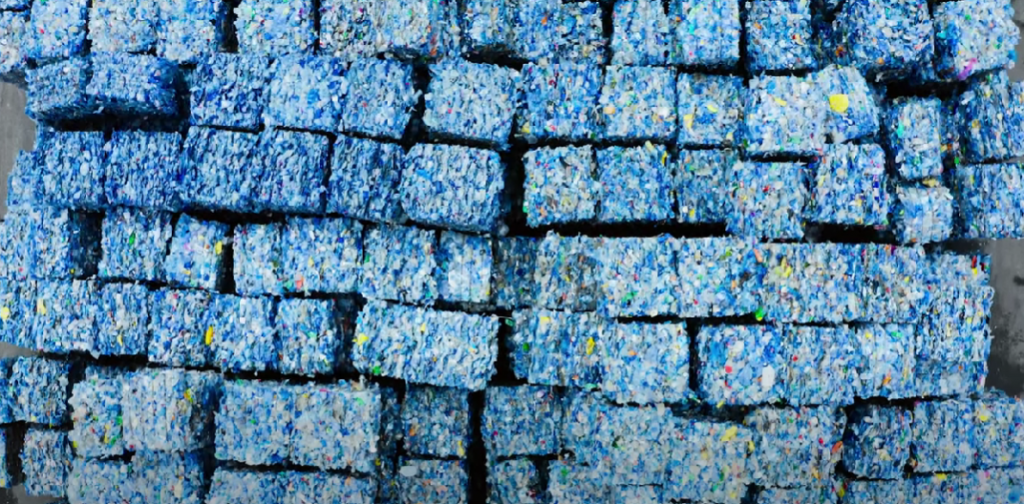
- Wacław Hamerski “The more you learn to do something in your life, the more you will be a human being.”

